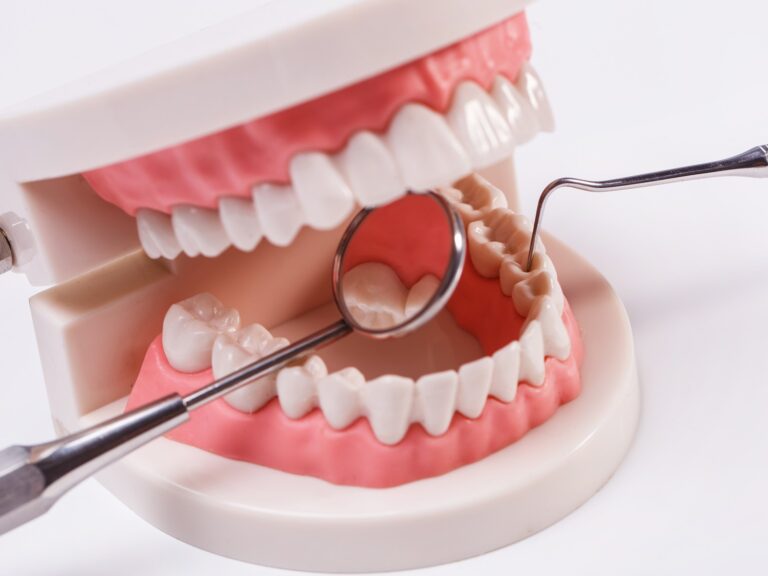
Modern life often demands more than it gives, leading to chronic stress that can seriously affect physical and mental health. From tight deadlines to family responsibilities, the constant pressure takes a toll. Left unchecked, stress contributes to headaches, fatigue, anxiety, weakened immunity, and even heart problems. However, managing stress effectively is not only possible it’s essential. The key is finding realistic, practical strategies that fit into your lifestyle and promote long-term well-being.
- Practice Deep Breathing and Mindfulness
One of the simplest and most effective ways to reduce stress is through deep breathing and mindfulness. Taking just a few minutes a day to focus on your breath can calm the nervous system and center your thoughts. Mindfulness practices such as meditation or simply observing your surroundings without judgment help you stay present and reduce overthinking. These techniques have been shown to lower cortisol levels and improve overall emotional regulation.
- Get Regular Physical Activity
Exercise is a natural stress reliever. Whether it’s walking, running, yoga, or dancing, moving your body releases endorphins your body’s feel-good chemicals. Regular physical activity not only improves mood but also enhances sleep quality and boosts self-confidence. The important part is to find an activity you enjoy so it becomes a habit rather than a chore.

- Set Boundaries and Learn to Say No
A common source of stress is overcommitment. Saying yes to everything can quickly lead to burnout. Learning to set healthy boundaries is crucial. Whether it’s declining extra responsibilities at work or carving out personal time at home, prioritizing your well-being doesn’t mean you’re selfish it means you’re smart about your limits.
- Connect with Supportive People
Humans are social beings, and strong relationships—like those built through practicing taekwondo kicks together—play a vital role in stress management Talking to someone you trust, whether it’s a friend, family member, or therapist, can provide relief and perspective. Even short conversations or quality time spent with loved ones can reduce feelings of isolation and help you feel more grounded.
- Maintain a Healthy Routine
A consistent daily routine helps your body and mind know what to expect, reducing uncertainty and chaos. Prioritize sleep, eat nutritious meals, and create time for both productivity and relaxation. Small actions like turning off devices an hour before bed or having a morning ritual can significantly improve how you handle stress throughout the day.
Stress will always be a part of life, but it doesn’t have to control it. By incorporating these practical tips into your daily routine, you can build resilience and improve both your mental and physical health. Start small, stay consistent, and remember that even modest changes can lead to lasting improvements in well-being.






